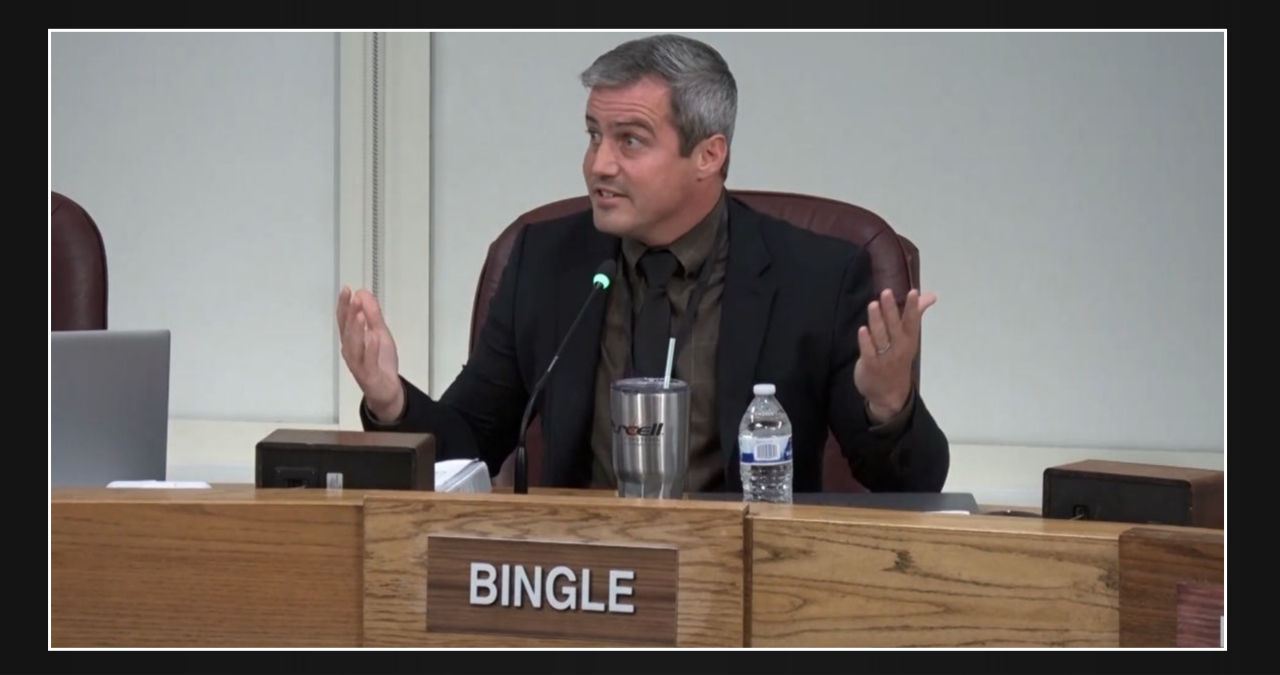On Monday, the Spokane City Council had the chance to urge the police department to uphold a law that prohibits camping in many parts of the city, as approved by the voters. However, the council chose not to take this opportunity.
Councilmember Jonathan Bingle’s resolution, which addressed the lack of enforcement regarding Proposition 1, has been deferred indefinitely by the city council. This decision has left many concerned that the resolution may not be revisited in the future.
In November of last year, Proposition 1 was passed by 75% of voters, which broadened the limitations on camping to include any location within 1,000 feet of a park, school, or daycare. However, the Ninth Circuit’s Martin v. Boise decision prevented its full implementation.
In a recent development, the Grants Pass v. Johnson decision has overturned the previous ruling that prevented cities from enforcing anti-camping ordinances if they didn’t have enough shelter beds for their homeless population. As a result, cities across the country now have the authority to ban sleeping in public places.
On Monday, Bingle shared that three weeks ago, he had contacted the mayor and her office to discuss the resolution, stating that it would be beneficial for the city. He had a direct conversation with the mayor and her team regarding the matter and was reassured that Prop 1 was being enforced.
Following the Grants Pass v. Johnson ruling, SPD issued a statement stating that officers would respond to illegal camping complaints as and when necessary. However, the statement was later clarified by SPD when City Attorney Mike Piccolo confirmed that enforcing Proposition 1 was legally permissible. Therefore, SPD revised their stance and confirmed that they will enforce, rather than stating that they are enforcing, the policy.
In a recent statement, Julie Humphreys, the Communications Manager for SPD, disclosed that the department is instructing officers to delay any action until they have completed the new training bulletin. However, the initial statement released by SPD had given the impression that officers were actively enforcing the law, even leading the city council to believe so.
Bingle stated that he had a personal meeting with the mayor last Thursday, where he proposed that if they could make a public statement regarding the matter, he would withdraw the resolution. Unfortunately, the mayor did not fulfill this promise.
According to Bingle, there is an informal newsletter comprising over 200 community members, encompassing state and city officials, real estate brokers, developers, and other business leaders. He expressed that the group is frustrated with the inadequate enforcement of Proposition 1, despite numerous attempts to collaborate with Brown.
Members of the newsletter thread recently discussed the possibility of a recall petition to remove Brown from office.
According to Councilmember Michael Cathcart, the overwhelming support of 75% of voters for Proposition 1 clearly indicates the desire of the constituency for the Seattle Police Department (SPD) to uphold the law. He also noted that even supporters of Andrew J. Lewis Brown, the Seattle City Councilmember who opposed the measure, voted for the public camping ban’s passage.
Cathcart, a member of the council, questioned the reason for deferring the matter at hand and asked what the actual question was. He pointed out that there seemed to be no valid reason to defer something that cannot be removed from the law unless the council didn’t plan to enforce it. He emphasized that the tool in question was supported by 74.66% of the community, which translates to 52,000 people, and suggested that not utilizing it would go against the community’s wishes.



